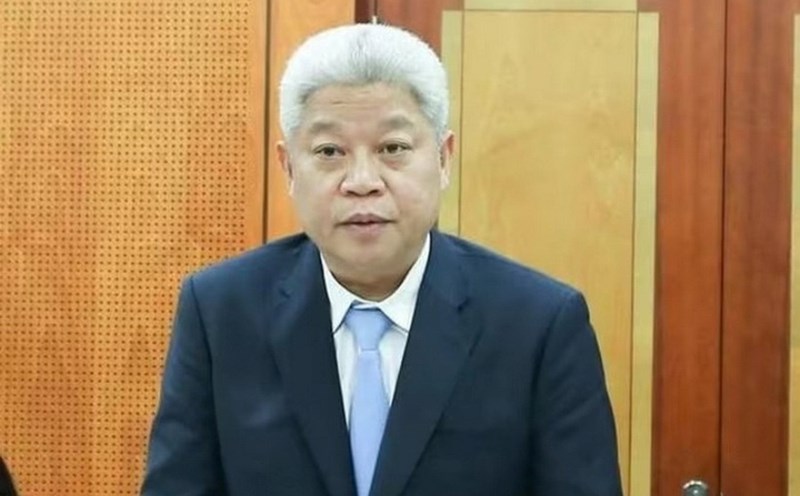On August 22, Caspian pipeline Consortium (CPC) - a joint venture managing the pipeline that consumes about 1% of global oil and has the largest shareholder, Russia's Transneft, said oil filling at two of the three anchorages at a station in the Black Sea had stalled, Reuters reported.
The CPC had to suspend operations at the SPM-1 and SPM-2 anchorages due to damage to the connecting points of the water-based pipes with the floating tanks and needed to be repaired. The oil intake is only processed from SPM-3, so the oil intake requirements will have to be reduced.
Tengizchevroil (TOC) - representative of Chevron and Exxon in Kazakhstan's giant Tengiz project - said it was aware of temporary maintenance at the CPC and that oil exports and production at the Tengiz oil field are not currently interrupted. TCO plans to reduce output at Tengiz oil field in August-September due to maintenance plans.
Meanwhile, US corporation Chevron said that CPC is an important export route for crude oil from Kazakhstan to reach international markets and many countries rely on this important transportation system to ensure energy security.
Totalenergies - also present in Kazakhstan - did not immediately respond to a request for comment, while Shell and Eni - shareholders of CPC - declined to comment.
CPC said it has planned to replace the departments on the two affected SPM and is looking for an organization to carry out the repair. The Group did not give a time frame.
Two sources familiar with the issue told Reuters that an SPM could handle below 70% of the normal terminal capacity, causing Kazakhstan - a country that uses CPC as its main route for oil exports - to cut production.
Earlier in the spring, Kazakhstan cut production as the CPC suspended oil supplies at two SPM due to damage. In July, the flow of oil through the pipeline was suspended following a decision by a Russian court over a spill that occurred last year. The decision was later overturned.
Exports of CPC Blend crude oil are planned at 5.026 million tons in August. The group did not release updated data.
Earlier this month, the CPC said pipeline supplies had fallen significantly due to maintenance at Kazakhstan's Kashagan and Tengiz projects. The two sources said that lower output from oil fields could limit disruptions caused by SPM outages, but they could become a major problem as output increases after maintenance.
This year's CPC disruption has forced some oil producers to negotiate alternative supply routes.
The main shareholders of CPC are Transneft (24%), KazMunayGas of Kazakhstan (19%), Chevron Caspian Joint Venture Company (15%), LUKARCO B.V (12.5%), Mobil Caspian Company (7.5%), Rosneft-Shell Caspian Ventures Limited Joint Venture Company (7.5%) and ethi International N.V. S.ar.l. (2%).
Meanwhile, the West has accused Russia of restricting energy supplies to increase prices in retaliation for sanctions related to the special military campaign in Ukraine. Russia denied the accusations, blaming Western sanctions and other technical problems.
Russia's natural gas supply to Europe has fallen by about 75% year-on-year. Last week, Russian oil and gas giant Gazprom announced a three-day surprise maintenance of the Nord Stream pipeline, from August 31 to September 2.
Natural gas prices surged on August 22. The shutdown of Norwegian and UK gas fields is also a factor that has further raised concerns.
The Ukrainian gas transmission system operator said that the gas pipeline systems of this country and Poland are capable of transporting Russian gas to Europe and compensate for Nord Stream's suspension.
Gazprom did not respond to a request for comment on whether to increase gas exports via other routes.






